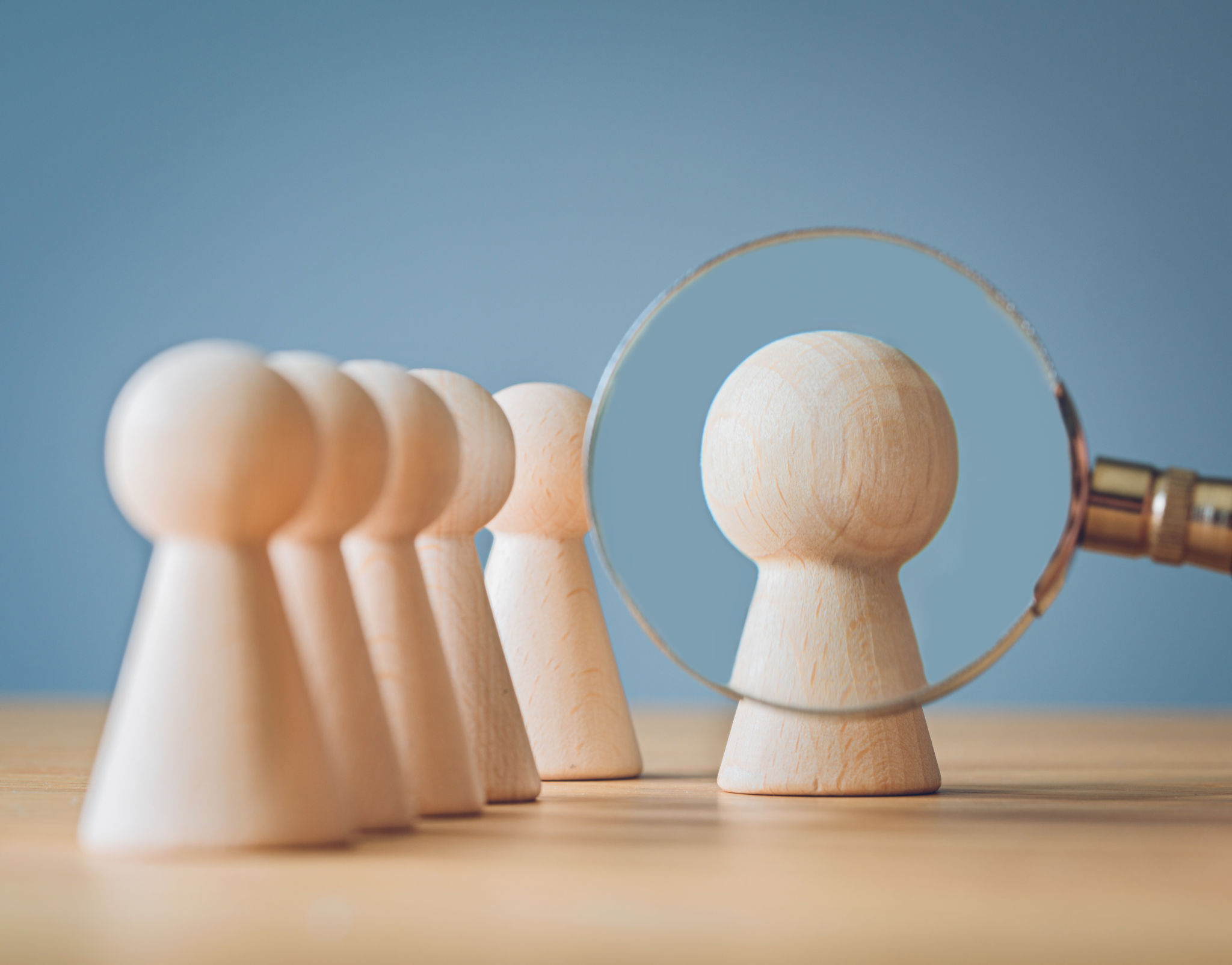The Healing Power of Art: Transformative Experiences and Personal Growth
The Healing Power of Art: Transformative Experiences and Personal Growth
Art has long been a medium of expression, communication, and healing. Throughout history, it has served as a vehicle for personal and communal transformation. Whether through painting, sculpture, music, or dance, art allows individuals to explore their innermost thoughts and emotions. In recent years, the therapeutic benefits of art have gained recognition, with art therapy emerging as a powerful tool for personal growth and healing.

Understanding Art Therapy
Art therapy is a form of psychotherapy that uses art as a primary means of communication. This therapeutic approach can help individuals express feelings they may not be able to articulate verbally. By engaging in the creative process, people can explore their emotions, resolve conflicts, and develop self-awareness.
Art therapy is particularly effective in addressing a range of mental health issues, including anxiety, depression, trauma, and grief. The non-verbal nature of art allows individuals to bypass linguistic barriers and access deeper emotional states. This can lead to profound insights and facilitate personal growth.
Benefits of Engaging in Artistic Activities
The act of creating art has numerous psychological and physiological benefits. Engaging in artistic activities can:
- Reduce stress and anxiety levels
- Boost self-esteem and confidence
- Enhance problem-solving skills
- Improve concentration and focus

Moreover, participating in art can foster social connections and community building. Group art projects bring people together, encouraging collaboration and empathy. This sense of belonging can be especially beneficial for individuals who feel isolated or disconnected.
The Role of Art in Personal Growth
Art has the power to transform lives by offering a safe space for self-exploration. Through creative expression, individuals can gain insights into their thoughts and behaviors. This self-reflection is crucial for personal growth and development.
Art also provides a means to set goals and achieve them. The process of creating art often involves planning, problem-solving, and perseverance—skills that are transferable to other areas of life. Completing an art project can instill a sense of accomplishment and motivate individuals to pursue further personal development.

Incorporating Art into Daily Life
Incorporating art into daily life does not require one to be an artist. Simple activities such as doodling, journaling, or listening to music can have profound effects on mental well-being. The key is to engage in activities that resonate personally and encourage self-expression.
For those interested in exploring the healing power of art more deeply, joining an art class or workshop can be an enriching experience. These settings provide guidance and support from experienced instructors while fostering a community of like-minded individuals.
Conclusion: Embracing Art for a Healthier Life
The transformative power of art lies in its ability to connect us with our innermost selves while promoting healing and growth. By embracing art in its many forms, individuals can embark on a journey of self-discovery and well-being. Whether through personal exploration or guided therapy, the healing power of art remains an invaluable resource for personal development.